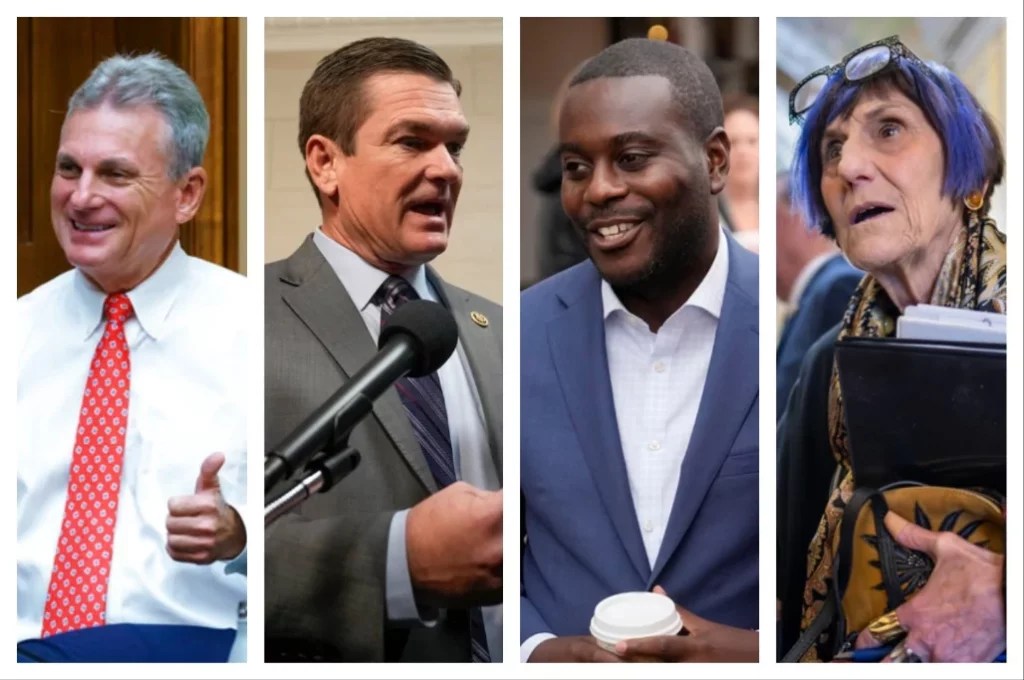Agency warns uncertainty on government funding without debt ceiling.
Uncertainty Looms Over Government Funds as Debt Ceiling Negotiations Continue
The Congressional Budget Office has issued a warning about the uncertainty surrounding government funds over the next few weeks as congressional leaders negotiate a potential debt ceiling increase with the White House. The debt ceiling, which prevents the federal government from spending beyond a predetermined national debt limit of $31.4 trillion, was surpassed earlier this year. Treasury Secretary Janet Yellen has warned that the nation could face a default as soon as June 1 unless the debt limit is suspended or increased.
What the Report Says
The Congressional Budget Office, a nonpartisan agency that provides lawmakers with budgetary and economic analysis, has cautioned in a report that the “extent to which the Treasury will be able to fund the government’s ongoing operations will remain uncertain throughout May.” The document added that the “extraordinary measures” officials have used to fund operations for the past several weeks could expire “at some point in the first two weeks of June.”
- If the debt limit is not raised or suspended before the Treasury’s cash and extraordinary measures are exhausted, the government will have to delay making payments for some activities, default on its debt obligations, or both.
- Should remaining cash and extraordinary measures last until June 15, on the other hand, the government may be able to fund operations “through at least the end of July” as consumers and businesses pay expected quarterly taxes.
Treasury officials can, among other “extraordinary measures,” continue to pause investments into the Thrift Savings Plan and continue to suspend the issuance of new securities for the Civil Service Retirement and Disability Fund and the Postal Service Retiree Health Benefits Fund.
Debt Limit Negotiations
Disagreement about an amendment to the debt limit between Democrats and Republicans centers on whether the move will occur alongside broader spending reforms. President Joe Biden discussed mechanisms to increase the debt limit this week with House Speaker Kevin McCarthy (R-CA), House Minority Leader Hakeem Jeffries (D-NY), Senate Majority Leader Chuck Schumer (D-NY), and Senate Minority Leader Mitch McConnell (R-KY).
Biden, who has contended that Republicans are risking economic calamity by asking for spending reforms, said in remarks that he found the meeting to be “productive,” while McCarthy, who noted that Democrats waited more than three months to resume negotiations launched earlier this year, commented that he “did not find progress” in the discussions.
“The only thing we’re asking is that next year we spend the same amount of money we spent five months ago,” McCarthy said after the meeting, noting that the debt limit talks were the first time all four congressional leaders have met with Biden since the new Congress started earlier this year. “Unfortunately in this meeting I heard nothing new.”
The Risk of Default
A default would indeed cause a recession should the federal government, a major borrower of funds that investors broadly consider stable, neglect to repay obligations. The national debt, which surpassed the $31.4 trillion debt limit this year to reach $31.7 trillion, is meanwhile a source of persistent financial risk and a damper on economic growth.
It remains to be seen how the negotiations will play out and what the ultimate outcome will be for the nation’s finances.
" Conservative News Daily does not always share or support the views and opinions expressed here; they are just those of the writer."





Now loading...